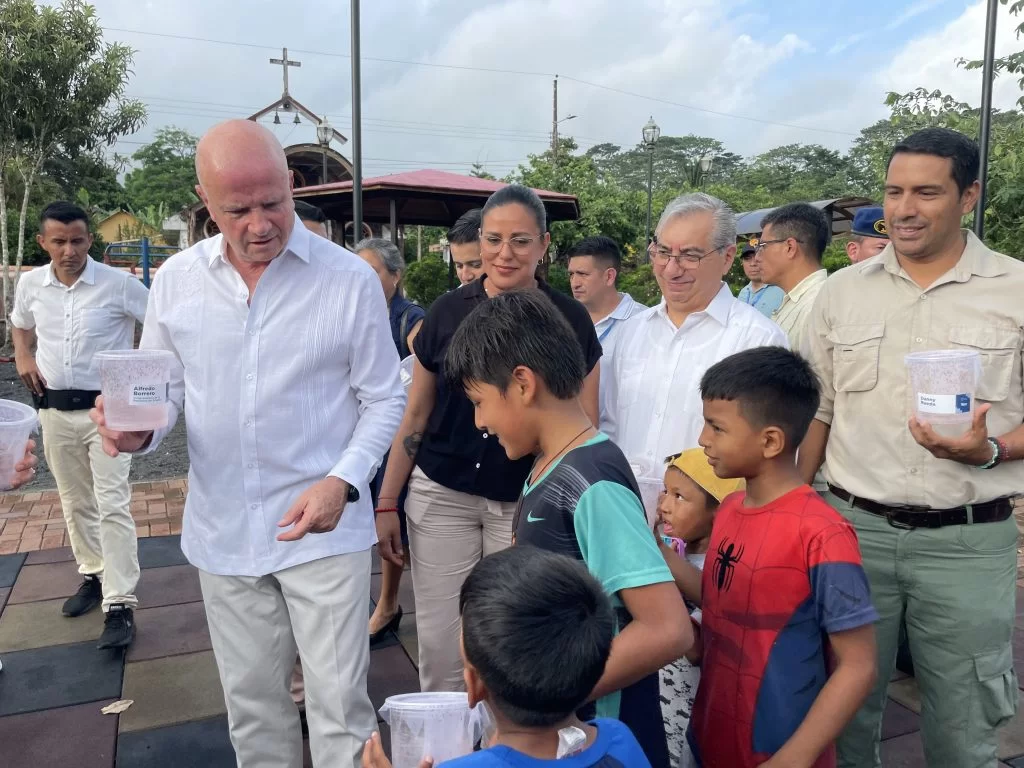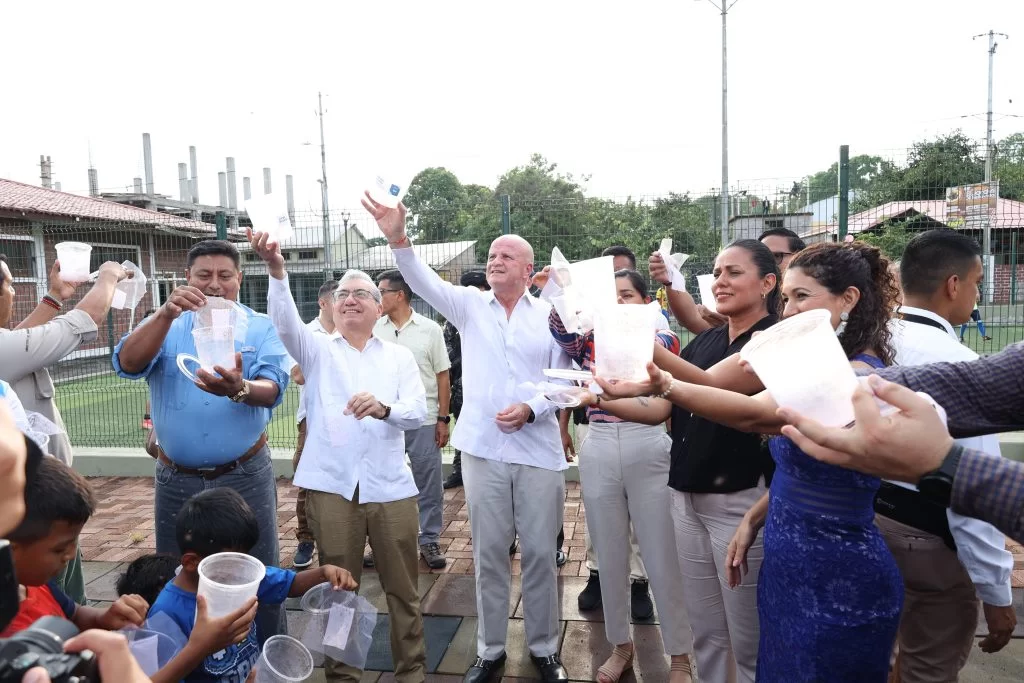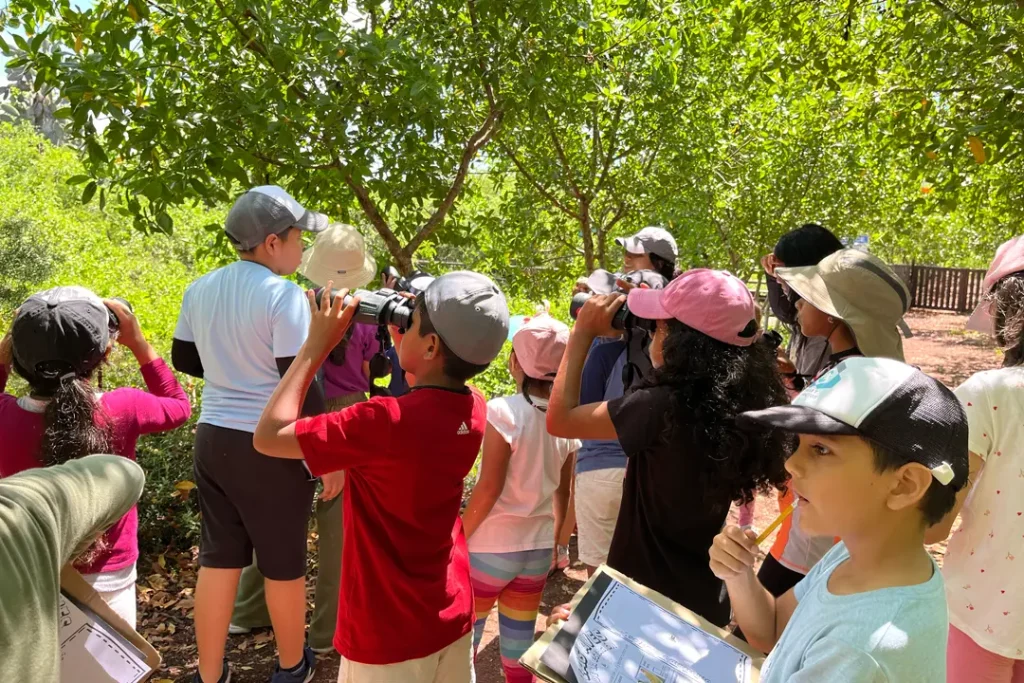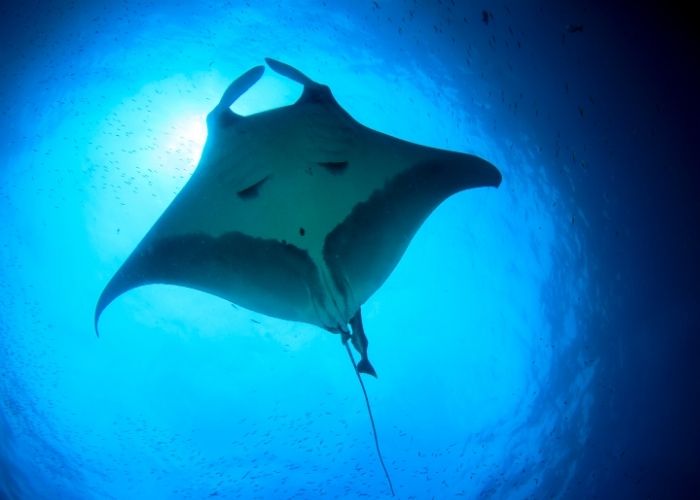The introduced mosquito was first identified in Galapagos in 2001. It is a vector for diseases like Zika, dengue, and chikungunya. Marilyn Cruz, the Executive Director of ABG explained that the project will eliminate the use of insecticides, chemicals, and other pesticides that are commonly used to kill mosquitoes. It also aims to eliminate the problem from the Islands in the long-term.
Six years of research have led to the application of the sterile insect technique for the first time in Ecuador. Experts took mosquito larvae from Galapagos colonies and sterilized them in a laboratory located on Ecuador’s mainland.
These sterile male mosquitoes can be released in Galapagos and mate with wild females. They will eventually extirpate, producing no offspring, and ultimately leading to their eradication. This method is completely eco-friendly, since it doesn’t require chemicals and only impacts the species.
Washington Tapia (General Director of Galapagos Conservancy) and Conservando Galapagos (Partner) congratulated ABG for their continued efforts to protect community and environmental health. He emphasized that “We reaffirm and continue to contribute to the fight against invasive species and to prevent more species from entering the Archipelago.”

10,000 sterile male mosquitoes released in Santa Cruz Island © GNPD



